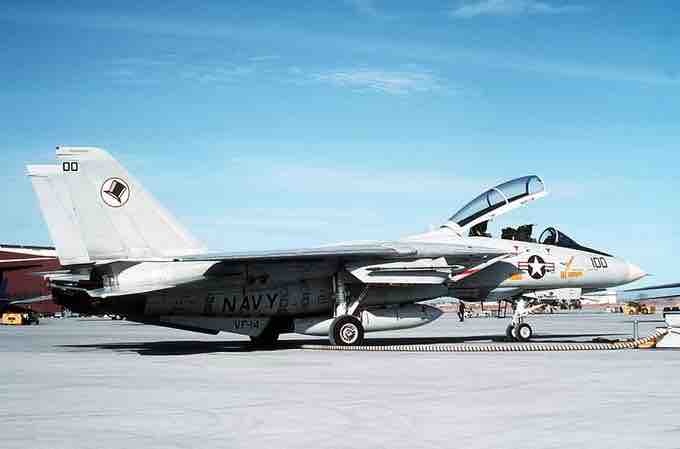Definition of Involuntary Conversion
The involuntary conversion of an asset occurs when an asset must be disposed of due to unforeseen circumstances, such as theft, casualty, or condemnation. The forced disposal of the asset may result in cash proceeds from the filing and payment of an insurance claim on the asset or the receipt of a casualty award. If the monetary exchange is more than the asset's book value, updated for depreciation up to the disposal date, a gain on disposal results; if the proceeds are less, the disposal realizes a loss. Unlike a voluntary sale, involuntary conversion of assets can involve an asset exchange for monetary or non-monetary assets .

An involuntary conversion is the forced disposal of an asset.
An airplane manufacturer's involuntary conversion of a plane can result in a loss or gain on the income statement.
Exchange for Monetary Assets
Monetary assets consist of cash or cash-equivalent assets. An involuntary conversion involving an exchange for monetary assets is accounted for the same way as a typical sales transaction, with a gain or loss reported in the income statement in the period the conversion took place. The gain or loss is the difference between the proceeds received and the book value of the asset disposed of, updated for current depreciation expense.
Exchange for Non-Monetary Assets
Non-monetary assets are not easily converted to cash, such as equipment. An exchange between non-monetary assets should be analyzed to determine if the exchange has commercial substance. An asset exchange with commercial substance will cause future cash flows to materially change. If the exchange has commercial substance, the asset received is recorded on the balance sheet at either (1) the market value (purchase price) of the asset received or (2) the market value of the asset given up plus any cash paid. If the value of the new asset exceeds the book value of the old asset, a gain is recognized. If the new asset's value is less, a loss is recognized.
For non-monetary asset exchanges without commercial substance, the expectation is that the exchange will not materially alter future cash flows. This type of exchange usually involves like-kind property, such as exchanging a truck for another truck. The asset received is recorded on the balance sheet at the book value of the asset given up plus any cash paid. Gains or losses on these transactions are not recognized.